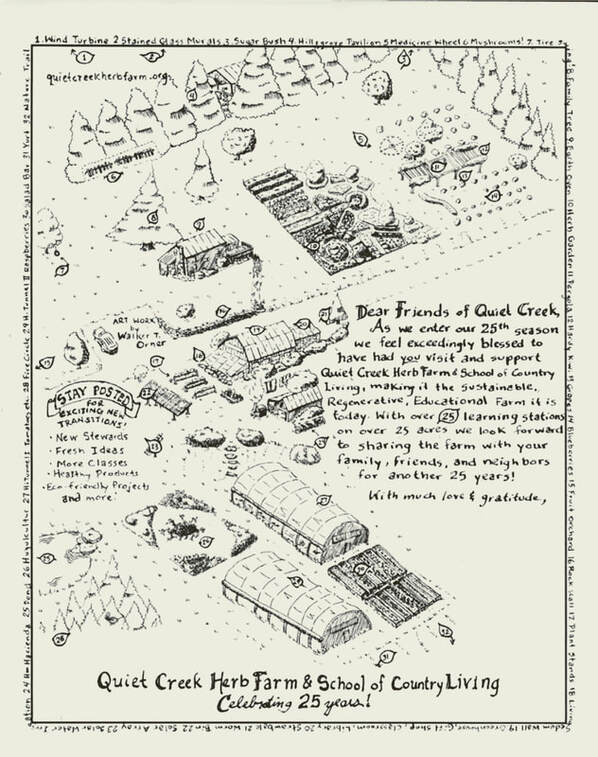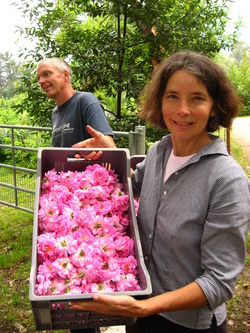
My Dad ventured to this unique farm on his own meeting both Albrecht and Steffi, the farm’s owner and manager. After Dad’s interaction, they graciously invited our whole family to a dinner party the following Friday evening.
With bouquet in-hand, we arrived on our rental bikes with excited anticipation. Warmly welcomed by our hosts, we toured the essential oil garden, distillation warehouse, and laboratory. Dad joined Steffi in the cottage garden and kitchen digging potatoes and preparing an exquisite sauce to top the pommes de terre with local cream, onions and chives.
The rest of us were entertained by Phillip, a French WWOOFer (World Wide Opportunities on Organic Farms) who was sharing his physical strength in exchange for room and board. Another guest, Samuel was visiting Albrecht’s daughter Bianca and was preparing for his Swiss woodworking debut in New York City. Andrea, a chemical engineer from El Salvador, also joined us for dinner. She had studied essential oil distillation at the farm and was now a perfumer in the infamous town of Grasse, France.
During a poisson de Corse, a local fish dinner, we comfortably experienced four languages –English, French, German and Spanish. Incredibly, the gathering offered a diverse, intellectual discourse on the perils of genetically-modified foods, oils of the world, distillation of fruit liquors, Chunnel transportation, and the protective tendencies of Corsican dogs. The banquet was completed with strawberries and crème fresh while our proposal to volunteer two days a week at Essence Naturelle was enthusiastically accepted.
As promised, we arrived Monday morning willing to do whatever was needed at the bustling business. Steffi greeted us with baskets and buckets and mentored us on how to hand-pick roses. With magnificent aroma surrounding us, we harvested over an acre of flower heads. She then directed us to the distillation building used for making rosewater.
The farm did not distill rose essential oil because five tons of petals are needed to make one kilogram of rose oil. So instead, she weighed the harvest, poured it into a big stainless steel drum, and added five liters of water for each kilo of petals. Then attaching tubing to the glassware, she explained the rosewater distillation method.
“The steam from the petals,” she commented while lighting the propane burner under the barrel, “will rise up out of the glass pipe and condense into a liquid when coming in contact with cold circulating water. This rosewater will then drip into the container below. The distillation continues until all the rose petals have lost their delicate pink color. The end product is used in the farm’s laboratory to perfume organic cosmetics. The flower waste is composted and used in the herbal garden to carry on sustainably.”
Intrigued with physics and chemistry, Ashton and I easily convinced our parents to purchase the needed equipment and to offer this newly-learned technique. Be on the lookout at Quiet Creek for the expansion of a rose garden and for upcoming distillation classes. Definitely consider log onto www.enc.fr for the highest-quality essential oil products I have ever come across.
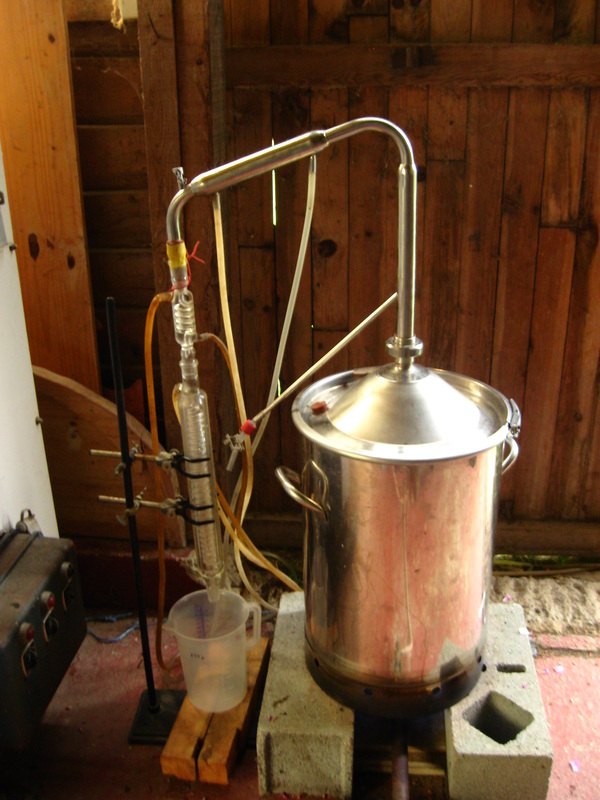
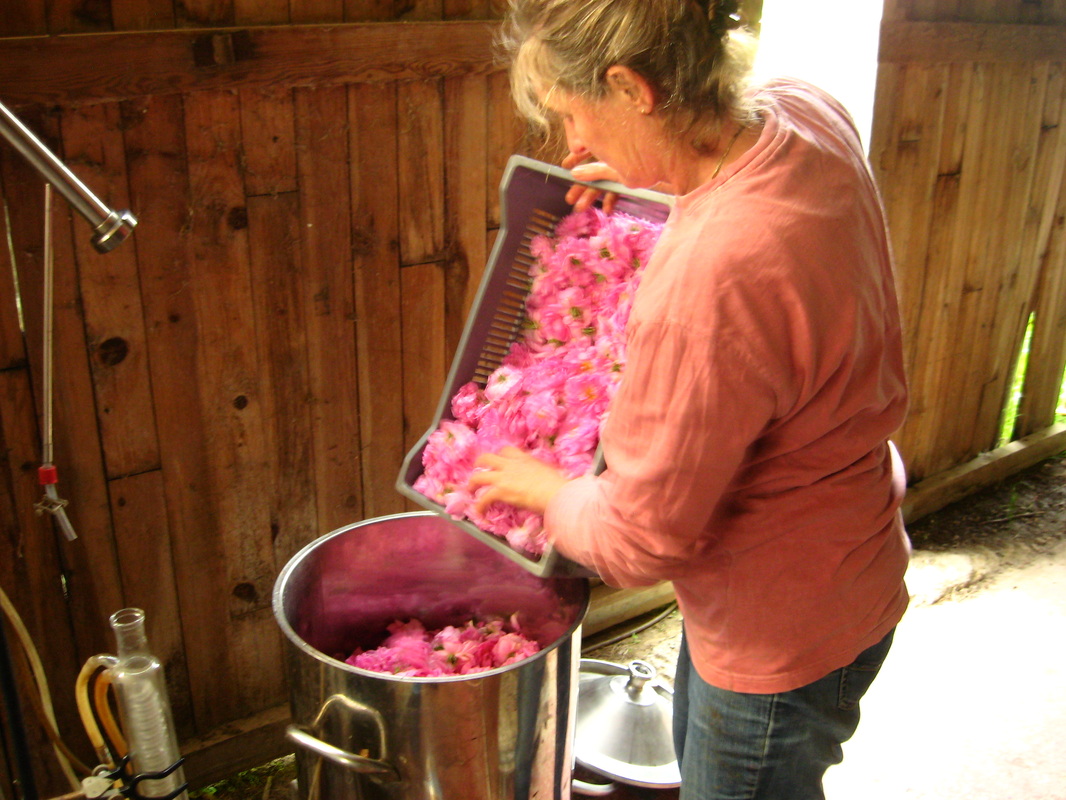
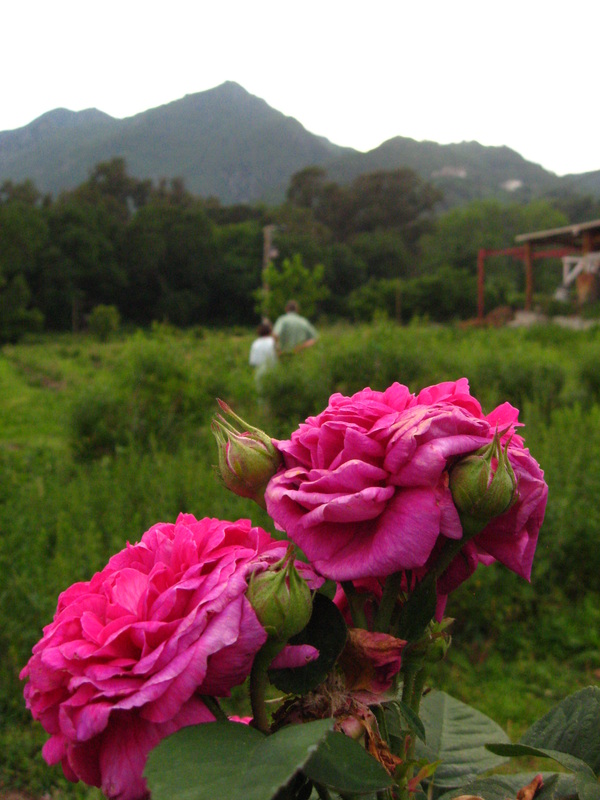
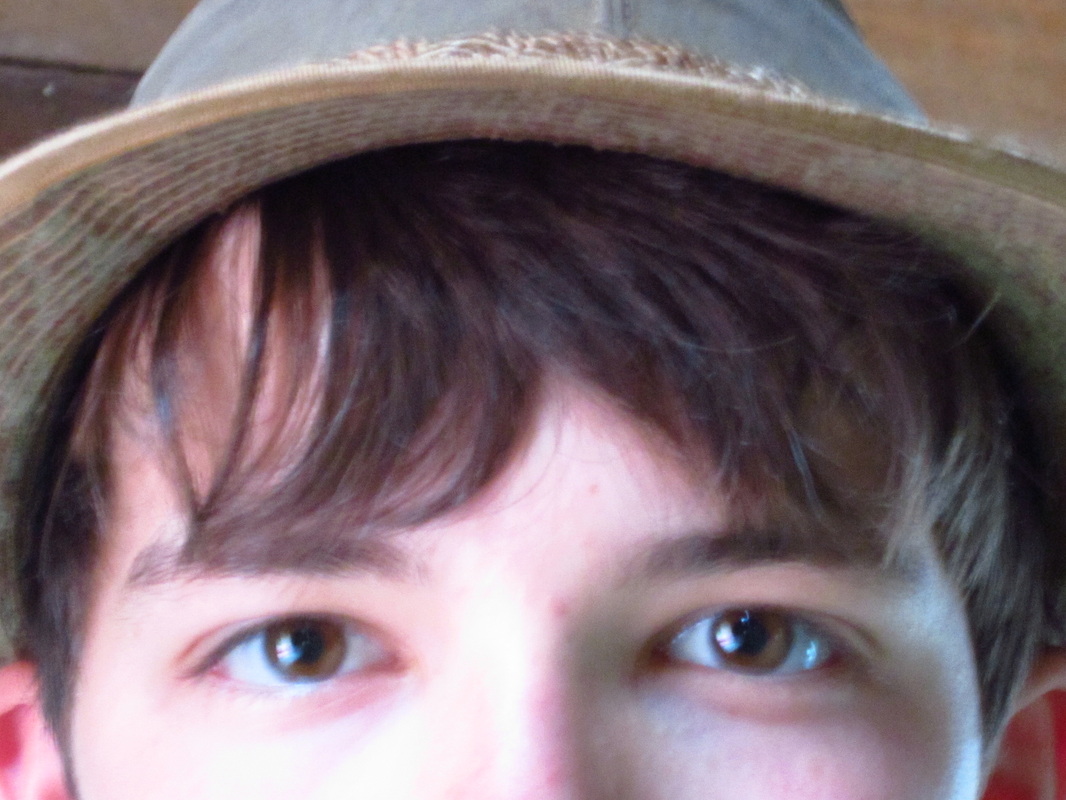
 RSS Feed
RSS Feed
